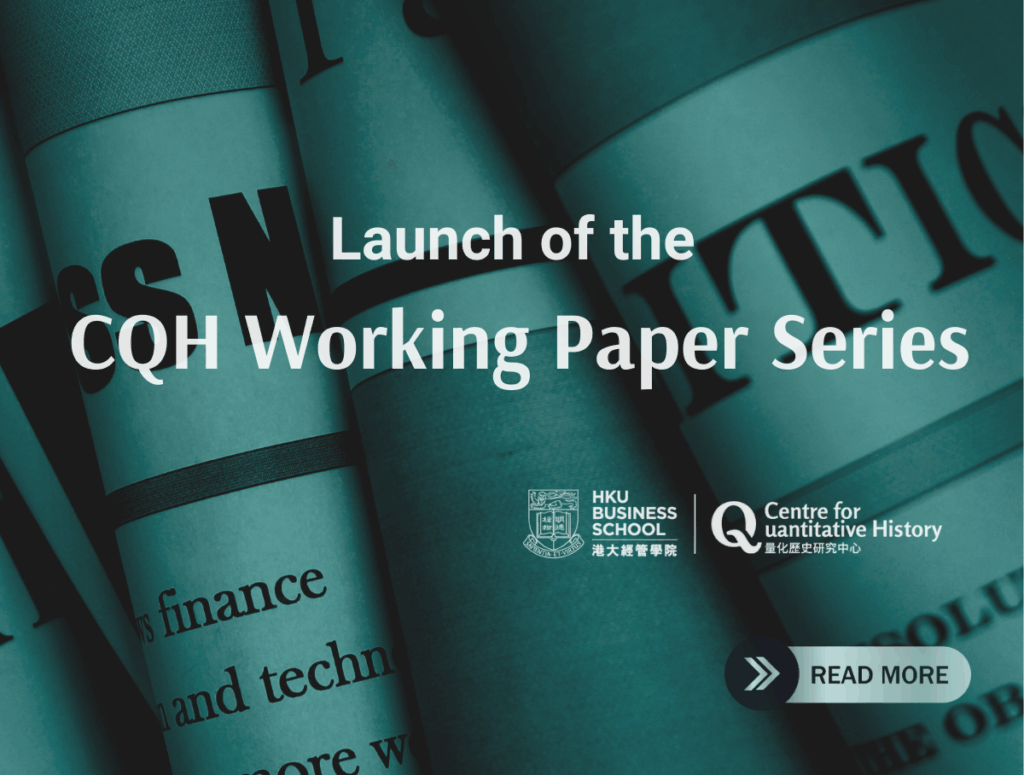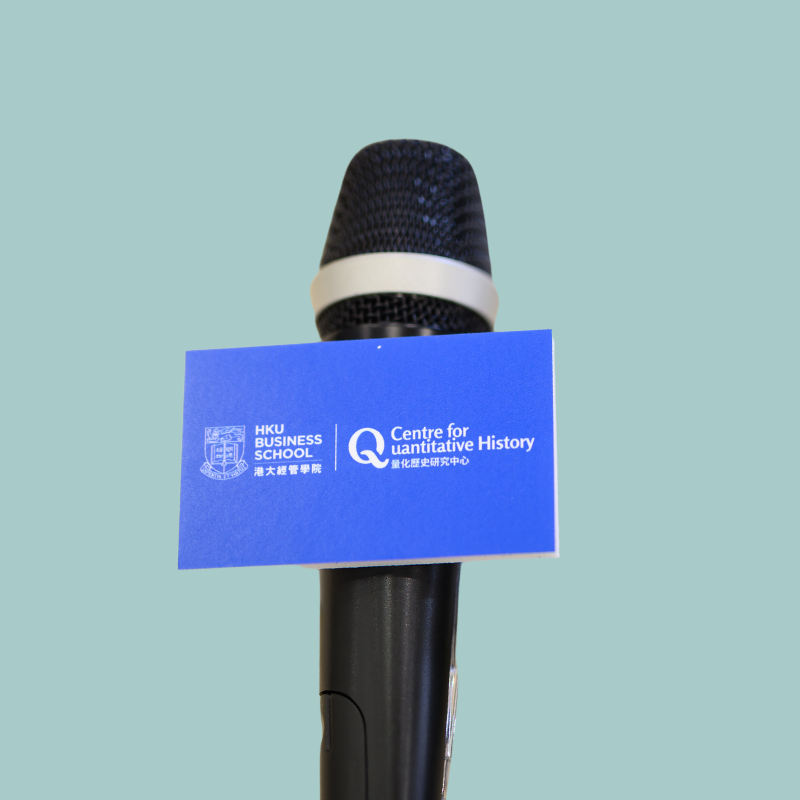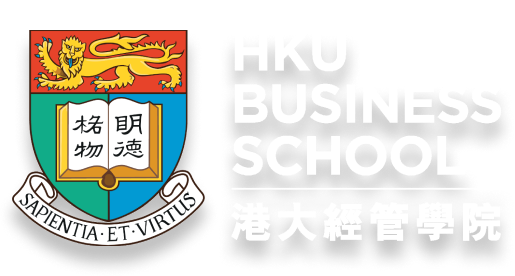
 June 11, 2025
June 11, 2025 In the News
In the NewsWe are delighted to announce the launch of the Centre for Quantitative History (CQH) Working Paper Series.
The CQH Working Paper Series provides a platform for fostering discussion and disseminating studies from across the field of quantitative history, covering a range of questions addressed through quantitative approaches.
Our series aims to publish high-quality research papers focused on the Centre’s four thematic clusters: Ancient Roots from Quantitative Perspectives; Culture, Religion, and Long-term Consequences; State Capacity, Institutions, and Development; and Financial History, Trade, and the Rise of Hong Kong.
We welcome submissions from members and collaborators of the Centre as well as from selected contributors who work in a relevant research area. Both work in progress and finalised research will be considered. All papers will be freely accessible to promote widespread dissemination of knowledge.
On this occasion, we are pleased to announce the publication of the inaugural papers in the series:
Working Paper 2025-1-1: Christian Missionaries and International Trade, 1580-1936 - Zhiwu Chen, Xinhao Li and Chicheng Ma
Christian missionaries are shown to have contributed to the historical rise of international trade by bridging the information gap between Europe and unfamiliar overseas lands from the 16th century onward. To prove that they unintentionally mitigated information barriers for early traders, we focus on the experience of historical China where European missionaries arrived from 1580 onward but maritime foreign trade was largely banned between 1371 and 1842. Our analysis demonstrates that following China’s forced opening for international trade in 1842, regions with longer past missionary presence typically bought foreign goods earlier, imported more in terms of both value and goods diversity, and exported more local products, as these places had more foreign interactions and appeared more frequently in the missionaries’ letters and publications back in Europe. Our findings substantiate the importance of the information channel through which the missionaries accelerated trade globalization.
Working Paper 2025-1-2: Awakening Latent Human Capital: The Opening-up and Entrepreneurship in 19th-Century China - Li Duan and Xiaoming Zhang
This study exploits a special historical case-openings of treaty ports in 19th-century China to examine how upper-tail human capital, quantified via book creation, impacted modernization when facing external pressures. Employing a prefecture-level panel dataset from 1840 to 1904, the study establishes book density, indicative of knowledge endowment, as a significant and positive predictor of modern firm entry following the opening of treaty ports. To understand the mechanism, a critical aspect lies in understanding the Civil Service Examination (keju), an indigenous institution that historically dominated talent accumulation and allocation in China. By integrating data with keju, we find that exposure to Western influence mobilized the segment of upper-tail human capital at the bottom or outside of the keju system into entrepreneurship. This paper illustrates the dynamics between indigenous institutions and external pressures.
Working Paper 2025-1-3: Knowledge for Lineage: Queen, Keju and Social Mobility in Tang China - Shuo Chen, Sijie Hu, Shouying Liu and Zhenxiang Wu
This paper examines the transition from limited to open-access societies, focusing on early and high-Tang China (618–906). Using a dataset of 1,261 marriages from 618 to 755, we find that Empress Wu’s rise to power in 674—the first and only female emperor in Chinese history—positively impacted upward mobility. After 674, men from common and poor clans were more likely to marry into elite clans. This increase in inter-class marriages was primarily driven by Empress Wu’s expansion of national civil examinations, which strengthened her legitimacy and created new opportunities for social advancement.
Join us in contributing to meaningful scholarly conversations!
Our Series is now available on the SSRN! Check it out: https://www.ssrn.com/index.cfm/en/centre-quantitative-history/
For any questions, please contact the Centre for Quantitative History at cqhwps@hku.hk.
Author(s)

CQH Communications Team





